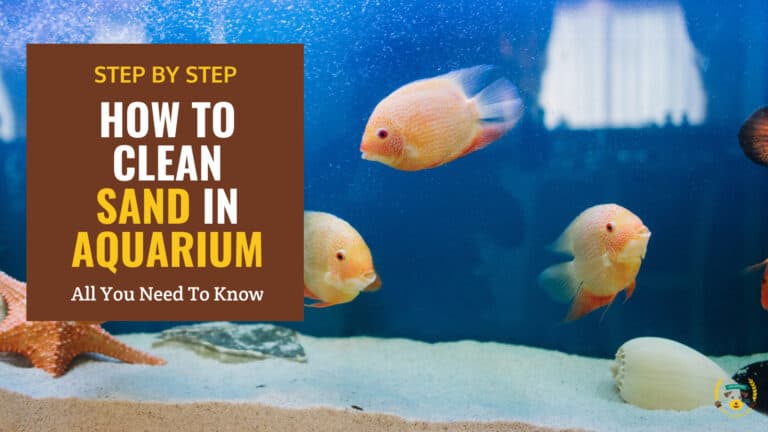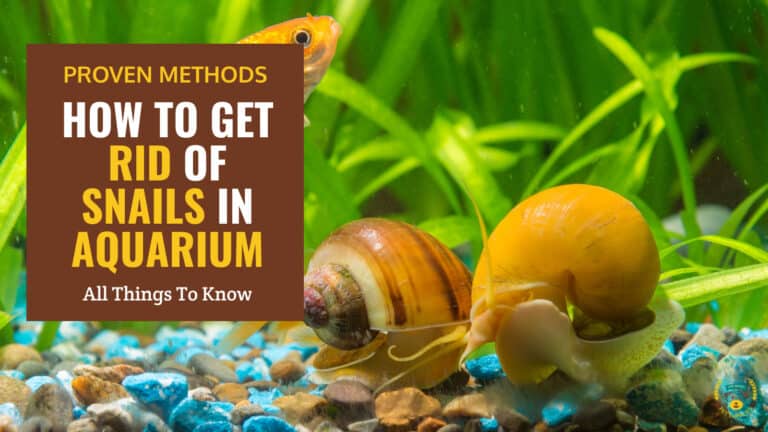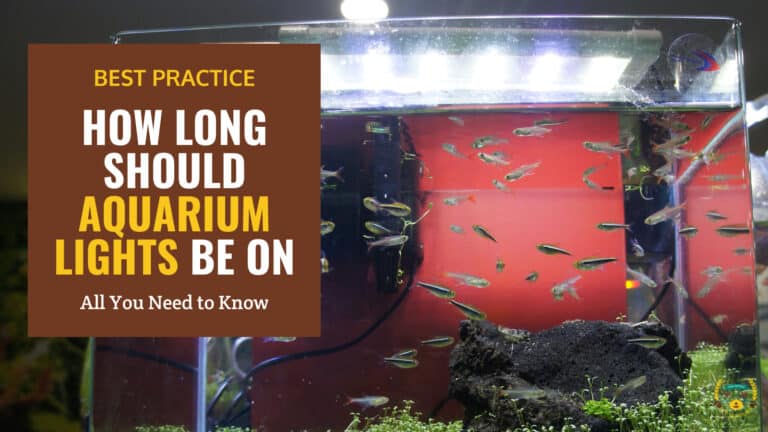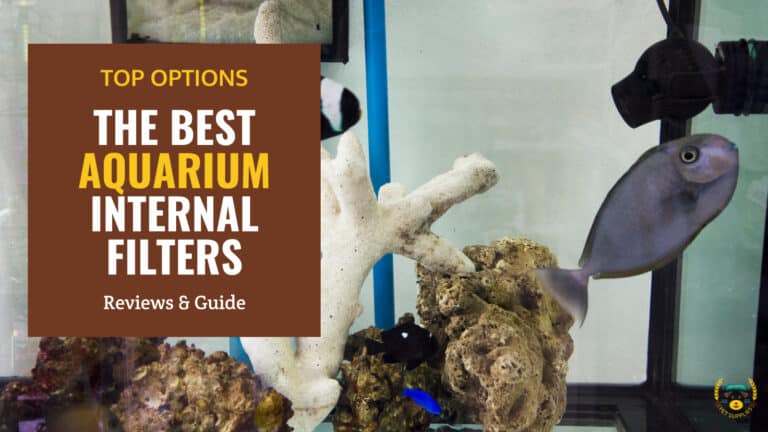Which Fish Lives Longer in Aquarium? | Pet Supplies Unlimited
Last updated: March 27, 2024
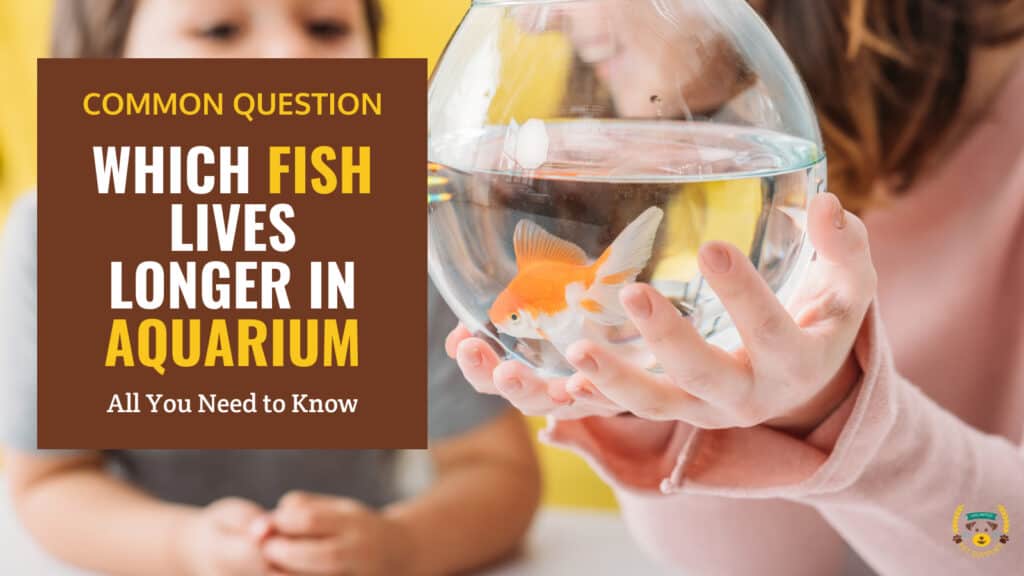
Summary
- Some fish can live over 10 years with proper aquarium care
- Key factors: large, filtered tanks, clean water, nutritious diet, low stress environment
- Different species have varied lifespans
- Bettas need minimum 5 gallon tanks
- Clown loach require 100+ gallons
- Goldfish may endure decades
"How long do pet fish really live?" It's a common question for aquatic pet owners looking to make an informed, long-term commitment. While the average lifespan for an aquarium fish is a brief 3-4 years, certain breeds shatter this expectation and endure far longer. In fact, with proper care and maintenance, select species can exceed a decade of vibrant color and hypnotic motion within home aquariums.
This guide sheds light on those standout fish that will delight owners with their longevity, avoiding frequent replacement or rehoming. From undemanding bottom feeders to lively community fish, these pets promise to be swimmingly rewarding companions.
With the right pick, your aquarium could preserve a tranquil, living centerpiece for years beyond the average.
- 1) Why Fish Lifespan Matters for Aquarium Owners?
- 2) Fish Species Lifespan Profiles
- 3) Maximizing Fish Longevity In Aquariums
-
4)
Frequently Asked Questions
- 4.1) Do certain colors or types of goldfish live longer?
- 4.2) How long can betta fish live in small bowls?
- 4.3) What is the effect of current strength on tetra lifespan?
- 4.4) Do specialty aquarium lights help fish live longer?
- 4.5) Is frequent tank cleaning harmful to balance and fish?
- 4.6) Can aquarium salt remedies help or harm freshwater fish?
- 5) Final Thoughts
Why Fish Lifespan Matters for Aquarium Owners?
Aquarium owners invest significant time, money and care in setting up and maintaining home aquariums. Naturally, they become attached to their aquatic pets and aim to keep them thriving for as long as possible. Short fish lifespans mean frequently restocking tanks and an emotional toll when beloved creatures inevitably perish prematurely. Providing proper conditions for longevity allows owners to fully enjoy fish for more years and reduces animal loss.
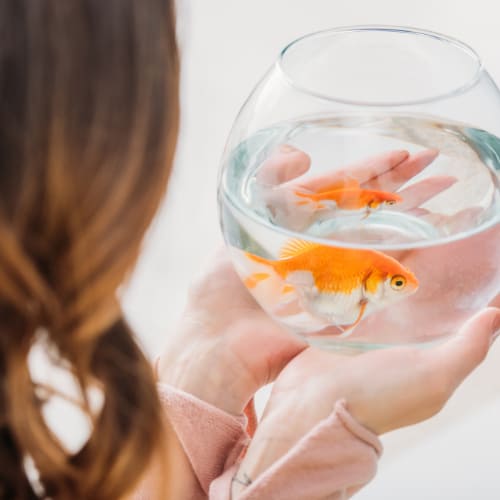
There are also ethical factors around sustainably keeping animals captive in aquariums without truncating their lifecycles. Ensuring optimal lifespans puts focus on the fish's welfare rather than merely eye-catching but short-lived species. It also reduces the volume of fish that need to be commercially bred and sold when aquarists choose longer-living fish.
Additionally, fish that exist too briefly in suboptimal conditions are never able to show their full colors, growth or behaviors. This reduces enjoyment and educational opportunities around the incredible diversity of aquatic life for aquarium hobbyists. With adequate lifespans, fish have time to fully develop and display their inherent qualities.
So while lifespans aren't the singular focus, they act as important indicators of overall fish health and welfare in home aquariums. Providing the chance for fish to live their full life expectancies demonstrates responsible aquarium ownership practices.
Fish Species Lifespan Profiles
When selecting fish for a home aquarium, you must research and understand key details around the inherent lifespan characteristics of different species. Expectations for fish longevity should be set appropriately based on the type and specific varieties chosen. Additionally, individuals within the same species can have more or less longevity based on influencing health and care factors.
Goldfish - 10-30 Years
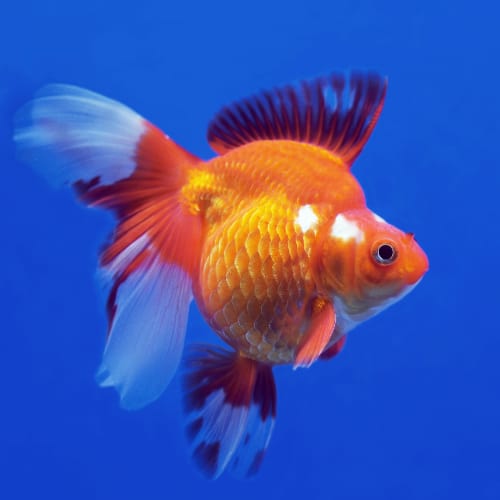
Both fancy goldfish and common goldfish can have surprisingly long lifespans of 10-30 years given proper aquarium conditions. Exceptions have been reported of large specimens like Commons living over 40 years. Standard goldfish typically outlive more mutated fancy varieties.
Key aspects impacting goldfish lifespan include sufficient tank size, filtration, and frequent water changes. Their long-living potential should discourage housing goldfish in under-sized bowls long-term. With room to grow, strong filtration, clean water and a nutritional diet, goldfish can thrive for decades in home aquariums.
Oscar Fish 10-15 Years
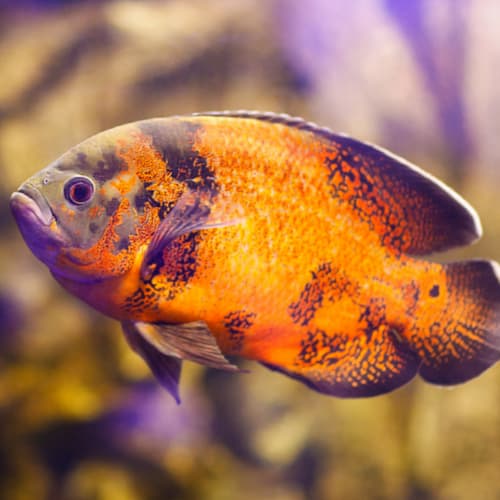
Oscars often live 10+ years with some exceeding 15 years. Their long lifespan means committing to properly housing these large, messy fish. Oscar's lifespan depends on at least a 75-gallon aquarium, strong biological filtration, and frequent water changes.
They also require diverse, protein-rich foods to support their rapid growth.
Clown Loach - 20+ Years
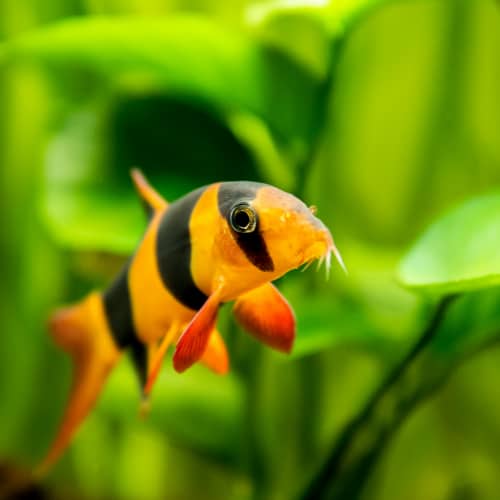
Clown loaches have impressively long lifespans, up to over 20 years, when provided adequately sized tanks of 100+ gallons. Ensuring excellent water quality is key along with nutritious foods for these sensitive fish. Small tanks severely reduce their longevity from stunting and disease.
Proper group sizes also ease stress and conflict when keeping clown loaches.
Figure 8 Puffer Fish 5+ Years
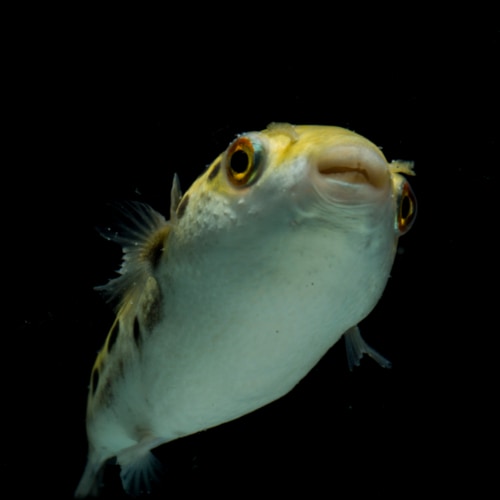
The Figure 8 puffer can live around 5 years on average when housed properly. Ten-year lifespans have been reported as well for fish kept in pristine conditions. Care challenges like requiring brackish water limit their overall timeframes. Still, figure 8 puffers can thrive long-term in specialized puffer setups.
Koi Fish - 15-20 Years
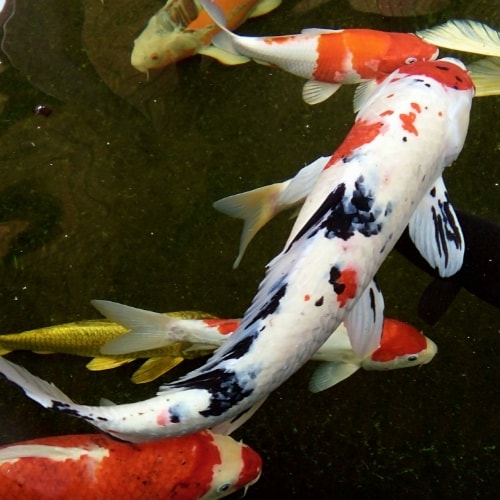
Well-cared-for koi frequently reach 15-20 years, with exceptional specimens hitting 30+ years. However, their maximum lifespan requires massive ponds and stringent water quality monitoring. Even in aquariums, the potential for koi to outlive most owners makes them a life-long commitment if trying to maximize longevity. Their size and needs should not be underestimated.
Betta Fish - 3-5 Years
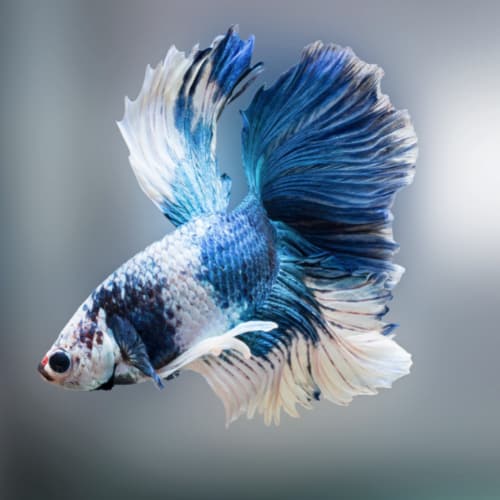
The average expected lifespan for both male and female betta fish is 3-5 years. Accounts of bettas exceeding 6-8 years have been reported but are less common. Females often outlive males due to exhaustion from making bubble nests.
Betta's longevity relies heavily on heated, filtered tanks, preferably 5+ gallons, instead of tiny decorative bowls. Small volumes of water easily foul which poisons fish with ammonia and nitrites. Clean, temperate water is critical for bettas to live past the 1-2 year mark frequently seen in poor housing. An excellent diet also bolsters the immune system.
Betta fish are known for their vibrant colors and flowing fins, but did you know they also appreciate a stimulating environment? Beyond the basic need for clean, warm water, adding enriching decorations to their tank can significantly improve their well-being and lifespan.
Guppies - 3-6 Years
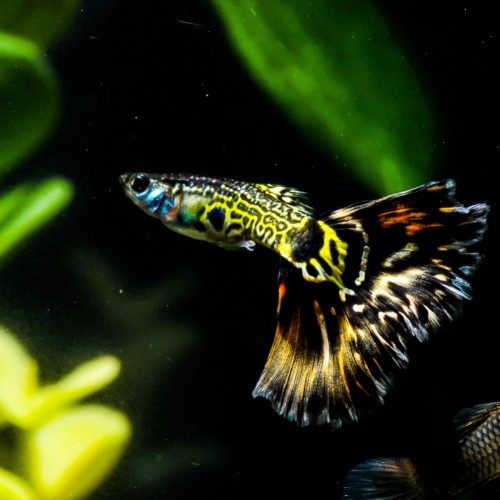
Guppies are short-lived by nature, with an average lifespan of just 2 years for males and closer to 3 years for females. Well-cared-for guppies may reach 3-5 years, with reports of outlier fancy varieties like Moscow guppies hitting 5-6 years in rare cases. Generally, though, guppies have inherent physiological traits that limit their overall lifespan compared to heartier fish.
Mitigating water pollution and enhancing nutrition are the primary ways to maximize guppy lifespan. However, given aging genetics, most owners expect to replace dead guppies more frequently than longer-lived aquarium fish. Understanding this temperament sets realistic lifespan targets for guppy care and tank maintenance.
Maximizing Fish Longevity In Aquariums
While fish have innate lifespan characteristics based on genetics, providing optimal aquarium conditions can help maximize longevity up to species' maximums. Supporting good health reduces disease while avoiding stunting and stress that prematurely age fish.
Optimal Water Conditions
Ensuring excellent water quality is the foundation for fish health and lifespan. This requires appropriate tank sizes, efficient filtration, routine testing, and frequent water changes. Target ranges exist for pH, ammonia, nitrites, and other parameters based on fish types. Reaching these consistent levels relies on the right tank size, stocking and equipment.
Having under-sized systems strains the balance between waste production and filtration capacity. Fish lifespans crash in accumulation of nitrogenous toxins. Overstocking has similar effects of spiking toxins faster than filters can handle. Balancing the biological load to filtration and water volume gives fish long-term environmental stability.
Certain factors beyond water quality can negatively impact fish health. Uncontrolled snail populations can compete for resources and even irritate fish. If you're facing a snail infestation, you can learn about effective eradication methods in our guide on controlling a snail infestation in a fish tank.
High Quality Diets
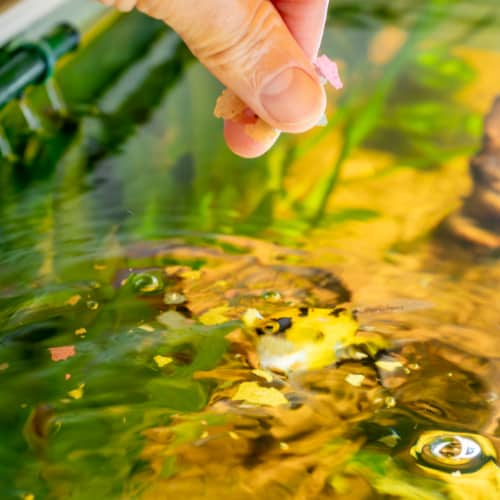
The right diet nourishes fish internally for better health and immunity. Flake and pellet foods should offer diverse nutrition without fillers. Additional supplements like algae wafers, blanched produce and live foods provide variation. Some species need specialty foods like cichlid pellets or meaty items to thrive. Feeding a mix prevents malnutrition deficiencies and supports fuller lifespans.
Frozen and freeze-dried foods conveniently provide nutrition but shouldn't constitute entire diets in the long-term. Variety in diet components and feeding schedules keeps species engaged in behaviors closer to naturalistic eating. This bolsters health through activity levels and more complete nutrition for longevity.
Appropriate Tank Size
Fish require ample horizontal swimming areas and vertical height for natural territorial behaviors. Under-sized systems increase aggression and stress among fish by violating these space needs. Constant conflict and inability to claim territory or feel secure shorten lifespans.
Undersized housing also stunts fish growth despite age continuing internally. This skeletal distortion cuts lives short and causes painful health conditions. Respecting adult footprints allows fish to grow fully over long lifespans instead of being crushed by their environments and tankmates.
For schooling fish, inadequate groups cause stress that depresses immune function. Having sufficient peers reduces aggression while supporting normal shoaling behaviors critical to long-term welfare. Stocking minimums ensure proper group dynamics for longevity.
Frequently Asked Questions
There are many common questions about the intricacies of fish lifespan and longevity considerations in home aquariums. Further examining aspects that impact the duration of life can help provide aquarium owners with more insight into care decisions.
Do certain colors or types of goldfish live longer?
No. There is little evidence that color or body shape impacts fancy goldfish lifespan. However, common goldfish and shubunkins tend to be hardier and live longer than extremely mutated varieties.
How long can betta fish live in small bowls?
Bettas only live 1-2 years maximum in tiny, unfiltered bowls. They require at least 5 gallon heated, filtered tanks to reach average lifespans of 4-5 years.
What is the effect of current strength on tetra lifespan?
Weak currents cause stress, disease vulnerability and aggression in tetras. Moderate water movement encourages natural schooling and lengthens lifespan through better health and activity.
Do specialty aquarium lights help fish live longer?
Special full spectrum or grow lights rarely offer health benefits to impact lifespan. Focus should be on fundamentals like water quality, nutrition and habitat before advanced add-ons.
Is frequent tank cleaning harmful to balance and fish?
Cleaning too thoroughly or frequently harms essential biofiltration. Prioritize mild cleaning of algae and detritus over deep substrate disruption to protect balance and fish.
Can aquarium salt remedies help or harm freshwater fish?
Salt briefly relieves external infections but high or prolonged exposure damages kidneys and liver function. Use salt cautiously in dedicated hospital tanks, not main displays long-term.
Final Thoughts
Maximizing aquarium fish lifespan relies on a holistic approach of providing proper environment, nutrition and care over the long term. Prioritizing daily fundamentals allows fish to thrive for years rather than mere months.
The main points to keep in mind include:
- Research species’ lifespan ranges before selecting fish
- House fish in adequately sized, filtered systems with excellent water quality
- Feed diverse, high-quality foods to support health
- Maintain stable, compatible communities free of aggression
- Perform regular maintenance like testing, water changes and cleaning
Following these core tenets bolsters systems where fish can prosper and reach their expected lifespans. With knowledge and dedication, fish can live happily for years in home aquariums.
If you are looking to set up a new aquarium in 2025 and need advice on selecting the best fish tank, filtration system, and accessories, be sure to check out our guide and choose the ideal fish tank for your needs.
We hope this article equipped you with the information you need about aquarium fish lifespans and how to maximize them. If you still have any questions, please contact us.
Thanks for reading!

